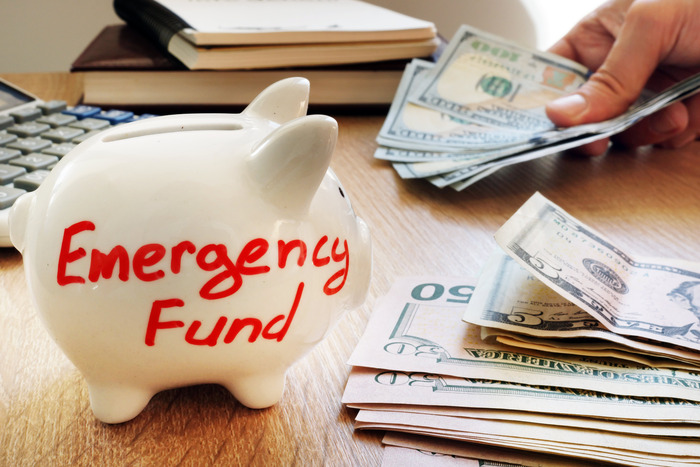Life is full of surprises and financial emergencies can occur anytime, anywhere. From sudden medical emergencies to unexpected car repairs, sometimes we may find ourselves in desperate need of quick cash. While some people might resort to a payday loan, others might deplete their savings.
Regardless of how you’ve been dealing with your financial emergencies in the past, this article is here to help you understand the importance of having an emergency fund and how to build one.
What is an Emergency Fund?
An emergency fund is money specifically set aside to cover unexpected, urgent financial needs. It’s not meant for planned expenses such as school fees, vacation, or house renovations.
Its purpose is to help you maintain a standard lifestyle when faced with unexpected situations that have financial implications. In essence, an emergency fund is your financial safety net.
Why do you need an Emergency Fund?
The need for an emergency fund can’t be overstated. It cushions you against financial hardships when life decides to take an unexpected turn. Here are some of the reasons why you need an emergency fund:
- It provides you with financial security by giving you funds that can be used during emergencies.
- It enables you to keep up with your lifestyle even after facing unexpected financial challenges.
- Instead of borrowing or taking on debt to cater to unforeseen financial needs, you can tap into your emergency savings.
How to Build your Emergency Fund
By now, you understand the importance of having an emergency fund. The question is, how do you go about building one? Here are some steps you can take:
- Start by setting a goal of how much money you intend to save in your emergency fund. A good rule of thumb is to aim for funds that can cover three to six months of your living expenses.
- Create a budget so you can determine where you spend money and where you can make adjustments to start saving.
- Commit to regularly depositing money into this account until you reach your set goal.
- You can also automate your savings where a specific amount of money is directly deducted from your paycheck and transferred to your emergency fund.
- Whenever you receive unexpected cash, such as a bonus or tax refund, consider funneling a chunk of this money into your emergency fund.
Conclusion
Building an emergency fund is paramount in achieving financial stability and independence. While it may appear daunting at first, especially when dealing with other financial responsibilities, remember that the goal is to start small and build up consistently.
Over time, you will find that your diligent saving has created a significant safety net that can help keep your life running smoothly, regardless of the financial surprises that may come your way.


